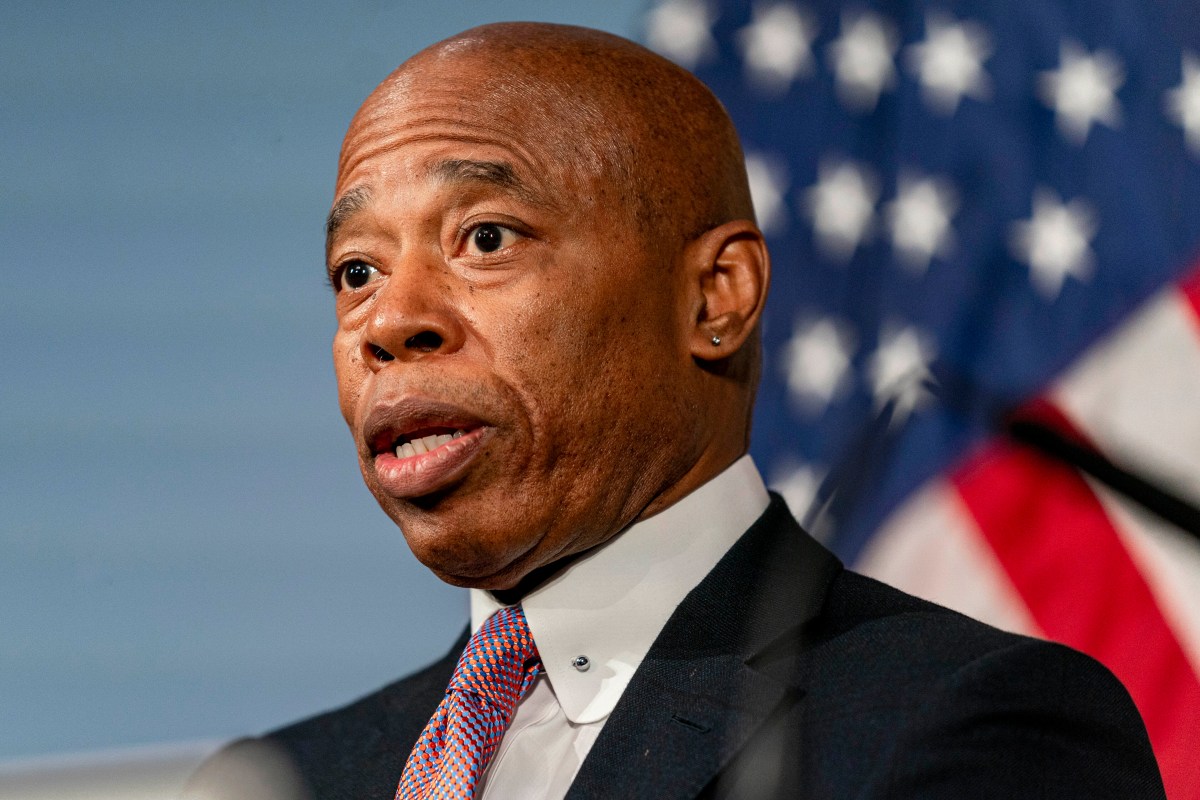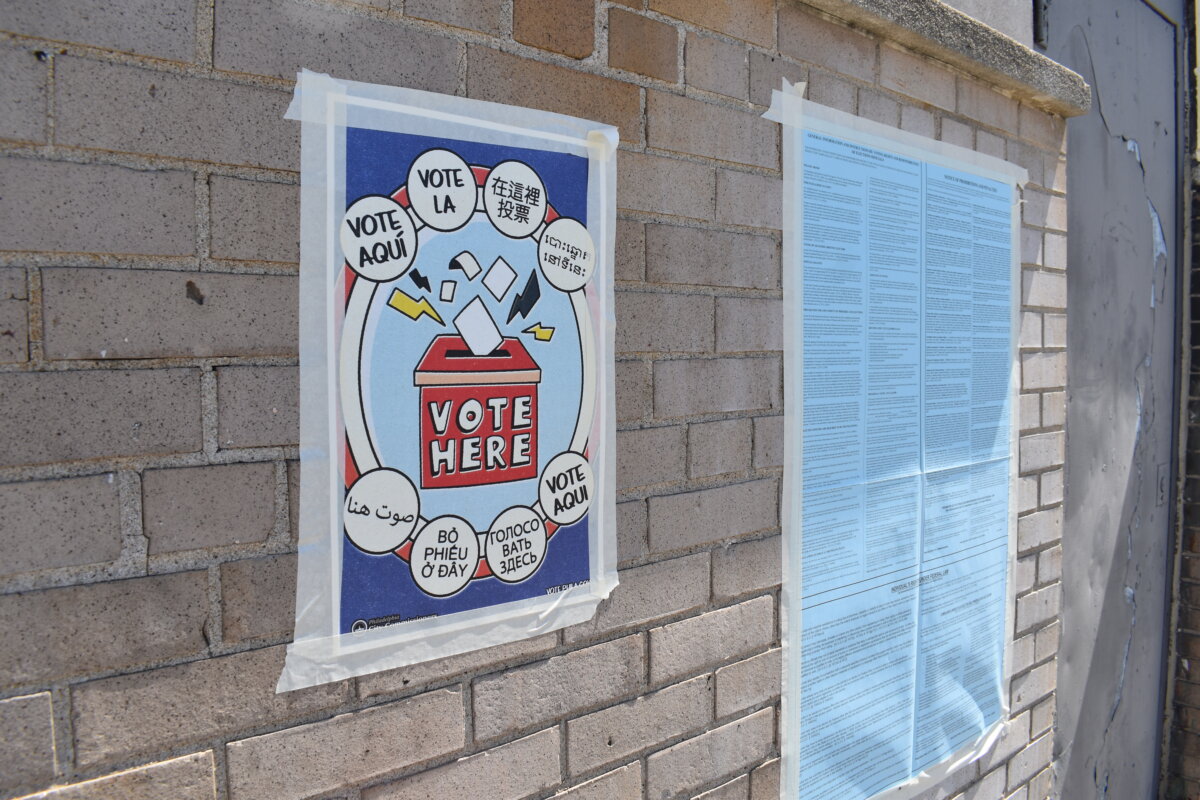TORONTO – Ottawa will defend Ontario and its green energy policy against a complaint from Japan that it violates Canada’s trade obligations, International Trade Minister Peter Van Loan said Tuesday.
The Japanese Embassy in Ottawa has confirmed the country has filed notice with the World Trade Organization requesting a consultation over Ontario’s subsidies to firms building solar and wind energy projects.
Japan argues the subsidies favour Ontario-made equipment.
“The Japanese government wishes to resolve this issue with the Canadian government as soon as possible,” embassy spokesman Jung-Fuk Ryu said Tuesday.
But Ottawa stands behind Ontario’s green energy policy, Van Loan said after a speech in Toronto. And the federal government would help Ontario prepare documents and argue the case if it comes before the WTO, he added.
“The federal government, by definition, has to defend any trade action under the WTO brought against (Canada), including a province, or provincial action or policy,” he said.
A request for consultation is the first step of the dispute process, according to the WTO website. If consultation between the two countries fails the complaint goes before a panel which will ultimately hand down a ruling.
The dispute is over Ontario’s feed-in tariff program, known as FIT, which sets a fixed price for electricity generated by renewable energy projects, like wind turbines and solar panels.
In order to receive payments, companies must have a minimum percentage of their project costs come from Ontario goods and labour.
The requirement currently starts at 25 per cent, and increases to 50 per cent by 2012 for wind projects. For larger solar panel projects, the minimum is 50 per cent, which jumps to 60 per cent next year.
Japan argues those minimums favour equipment made in Ontario, versus equipment exported to the province by foreign companies. It said this violates Canada’s international trade obligations.
But Van Loan said Ottawa supports Ontario’s efforts to promote green energy.
“We think the measures (Ontario) has taken are reasonable ones in an area that’s an important policy priority, and we think they do comply with our trade obligations.”
Tim Richardson, the former executive director of the now-defunct Canada-Japan Trade Council, said Japan rarely makes disputes public and instead prefers to use diplomatic channels behind closed doors.
“So obviously, something has created this impasse, which is why they want it to be known that they have this sort of more public complaint,” he said.
Richardson, who now teaches a course on the WTO at the University of Toronto, said trade disputes rarely run their full course. There are often several complaints between two countries, and disputes tend to be resolved by offering concessions in exchange for dropping the issues, he said.
“There’s usually a trade-off, and we’re probably in the middle of challenging them about something… so it’s very likely there’ll be a trade-off for that.”
It’s not the first time a country has raised a trade complaint against Canada.
In 2002, Canada lost a dispute with Brazil over a low-interest federal loan to Bombardier.
A year later, cheese company Saputo Inc. closed an Ontario plant and laid off 62 workers after a WTO decision surrounding milk pricing.
Richardson said a potential loss at the WTO that results in changes to the subsidy plan could jeopardize jobs of Ontario workers in the green energy sector.
Ontario Premier Dalton McGuinty has said his government’s Green Energy Act will help create 50,000 new jobs as the province moves towards more renewable forms of energy.
On Monday, McGuinty said the province “struck the right balance” in making sure Ontario and foreign companies can participate in the subsidy program.
Under the act, Ontario announced a $7-billion deal with Korean giant Samsung to build wind and solar farms, along with four plants to manufacture components for green energy projects.
















